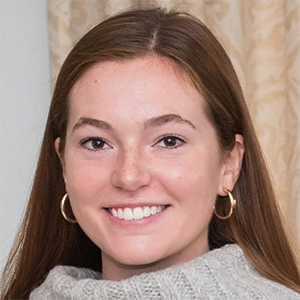
Leslie G. Biesecker, M.D.
Director & NIH Distinguished Investigator
Center For Precision Health Research
Head
Precision Genomics Section
Education
B.S. University of California, Riverside
M.D. University of Illinois College of Medicine
Precision Genomics Section Staff

Celine S. Hong, Ph.D.
- Postdoctoral Fellow
- Precision Genomics Section

Jennifer Johnston, Ph.D.
- Staff Scientist
- Precision Genomics Section

Julie C. Sapp, Sc.M., C.G.C.
- Genetic Counselor
- Precision Genomics Section

Sara Rubovits, MGC
- Genetic Counselor
- Precision Genomics Section

Marjorie Lindhurst, Ph.D.
- Research Scientist
- Precision Genomics Section

Shaima S. Raji, Ph.D.
- Postdoctoral Fellow
- Precision Genomics Section

Ashley Henneberger
- Lab Clinical Research Assistant
- Precision Genomics Section

Linton Early
- Postbaccalaureate Fellow
- Precision Genomics Section
Last updated: October 26, 2023




